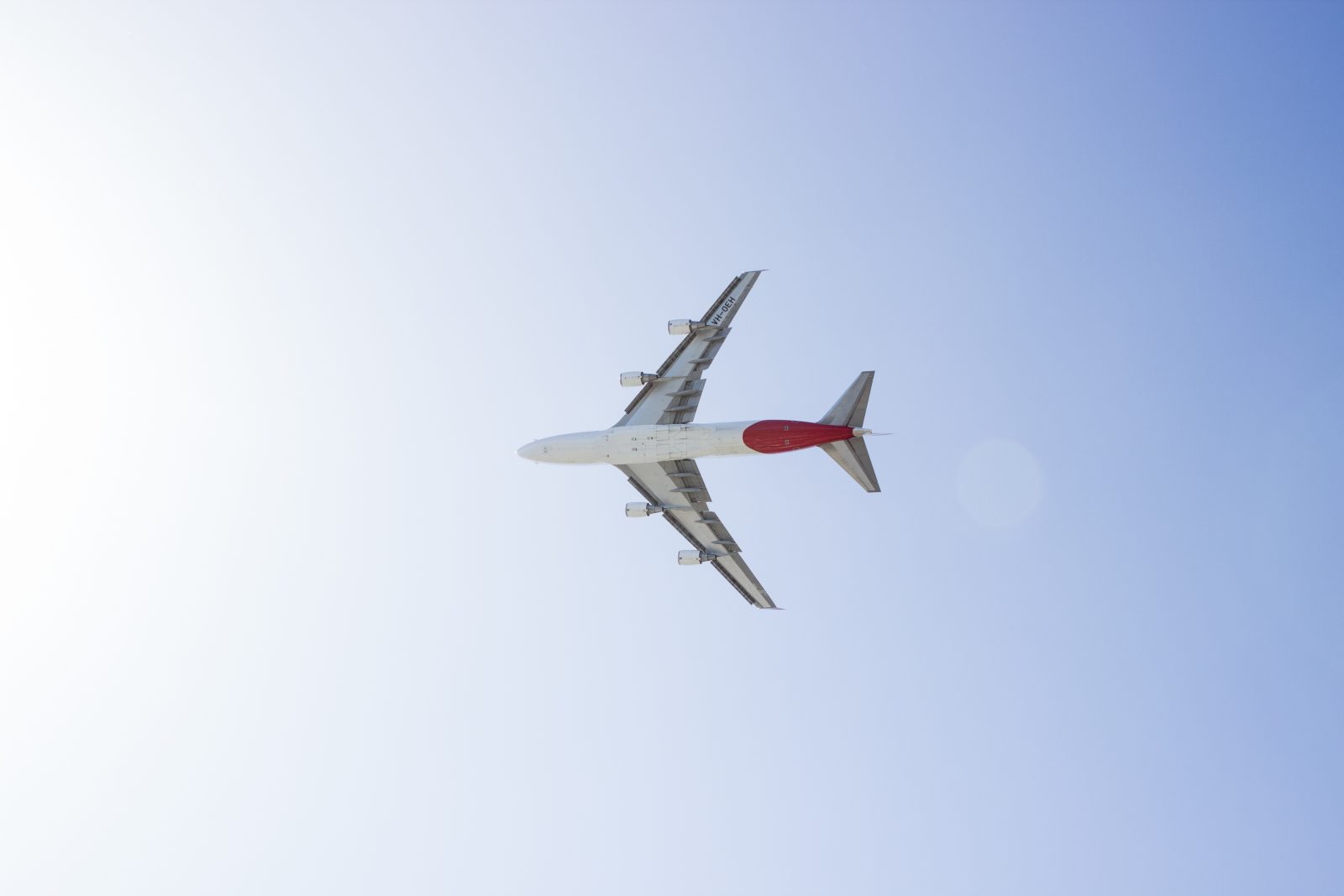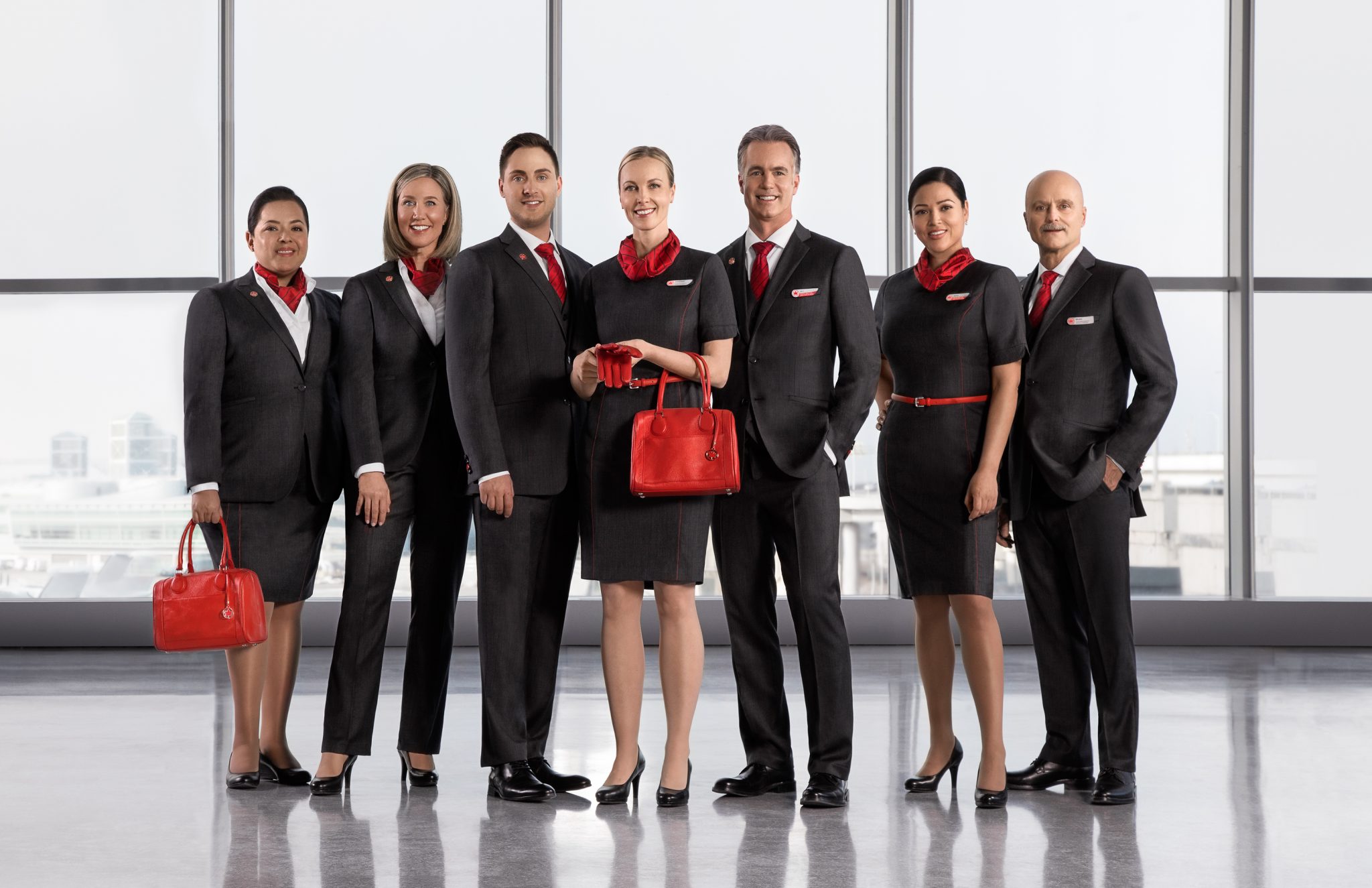
In October 2018, Canada became the first developed country in the world to make cannabis legal – but that bold move did raise a number of really important questions. In particular, should there be additional rules for people working in safety-critical roles? After all, cannabis is considered a hallucinogenic and sedative drug due to a compound found in weed which is known as THC (tetrahydrocannabinol).
Well, Transport Canada has decided to answer one of those questions with rules governing the use of cannabis for cabin crew, pilots and air traffic controls. The new rules were introduced on Thursday with immediate effect and prohibit aviation workers from consuming any type of cannabis within 28 days of a duty.
The Canadian Aviation Regulations require cabin crew to a have a certain “level of fitness” and state that they cannot be “under the influence of any drug that impairs the person’s faculties to the extent that aviation safety is affected.”

Obviously, the amount of time that someone is under the effects of consuming cannabis can vary massively from person to person and can depend on lots of different factors such as whether the person is a habitual user or only rarely smokes a joint. On this point, Transport Canada has had to tread a fine line and come up with a policy that balances individual rights and important safety requirements.
In a statement posted to the department’s website, Transport Canada said the policy was drawn up using the “best available science”.
According to the Canadian broadcaster CBS, the rules are in line with policies introduced by the Canadian military and Royal Mounted Police.
The rules are certainly more open to the United States, where flight attendants are completely prohibited from consuming cannabis or any THC products like CBD oil regardless of whether the State has legalized its use. In a recent memo, the Association of Flight Attendants said a positive test result would deem someone a “violater” even if they had a State-approved medical marijuana license.
While that might not necessarily mean a flight attendant would be fired, the union told its members that using cannabis could be”hazardous to your continued employment.”
Related
Mateusz Maszczynski honed his skills as an international flight attendant at the most prominent airline in the Middle East and has been flying ever since... most recently for a well known European airline. Matt is passionate about the aviation industry and has become an expert in passenger experience and human-centric stories. Always keeping an ear close to the ground, Matt's industry insights, analysis and news coverage is frequently relied upon by some of the biggest names in journalism.







